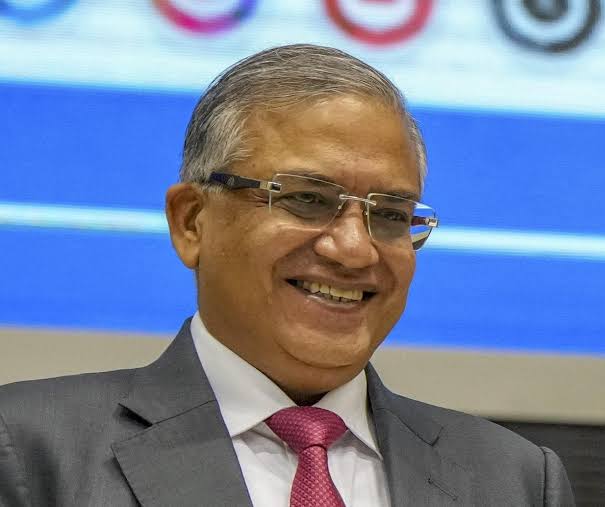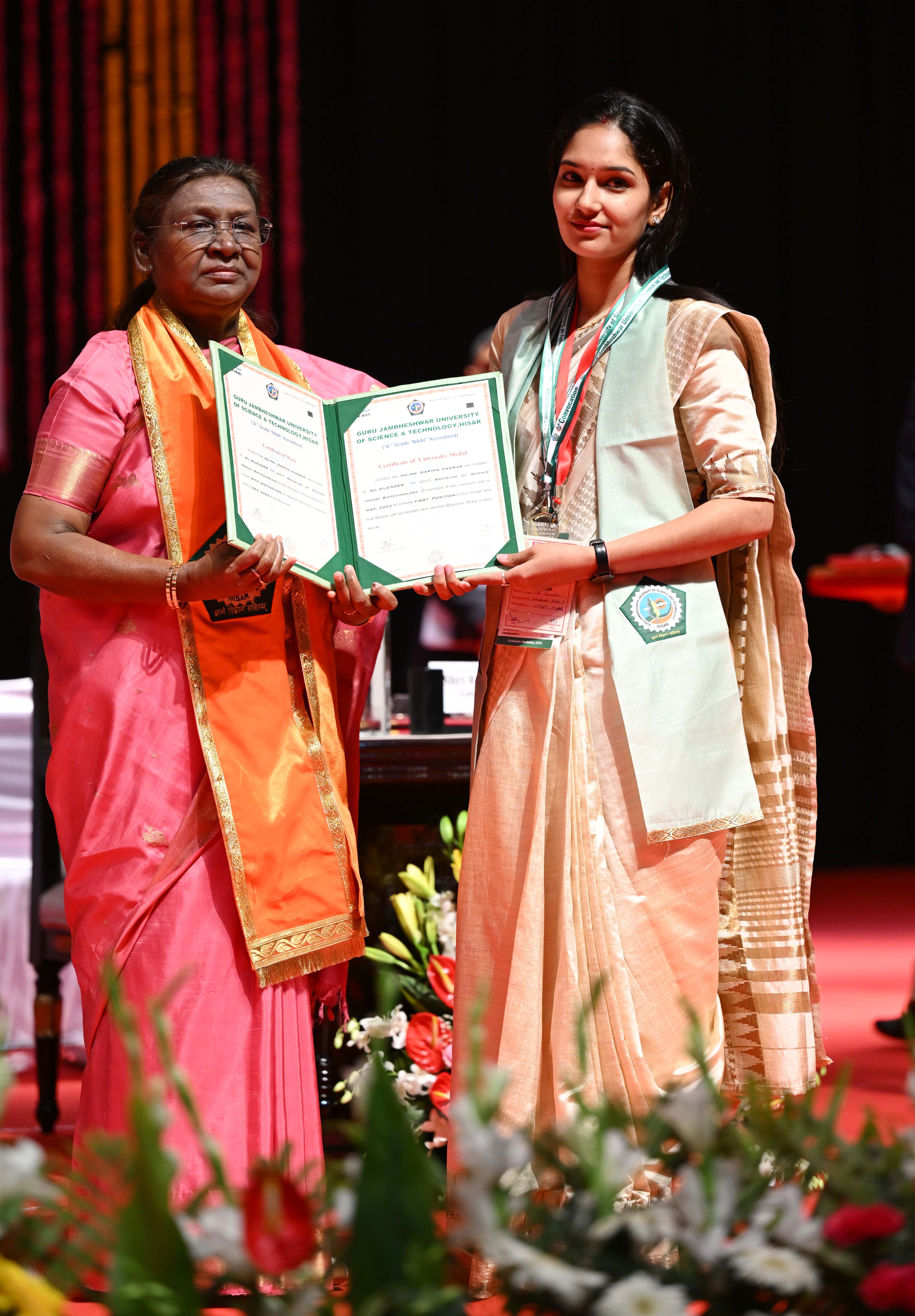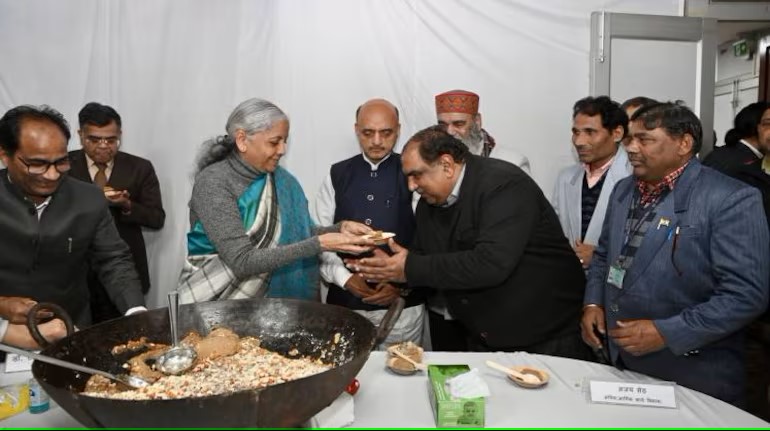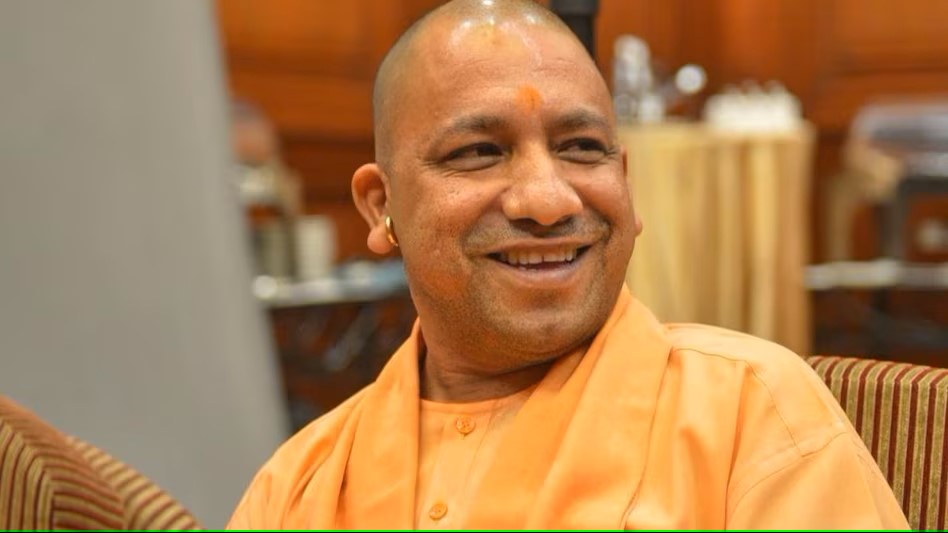In a significant development, Prime Minister Narendra Modi, Home Minister Amit Shah, and Leader of Opposition Rahul Gandhi convened on Monday evening to appoint former IAS officer Gyanesh Kumar as the new Chief Election Commissioner of India. Kumar takes over from Rajiv Kumar, who retired on Tuesday, marking a transition in the leadership of one of the country’s most crucial institutions.
 This appointment was particularly notable as it was the first time the selection process followed a framework established through an Act of Parliament. However, the decision was not without contention. During the 30-minute meeting, Rahul Gandhi submitted a dissent note, urging the government to delay the appointment until the Supreme Court ruled on petitions challenging the revised selection process. His objection reflects the broader legal and political debate surrounding the changes in how the Election Commission’s leadership is chosen.
This appointment was particularly notable as it was the first time the selection process followed a framework established through an Act of Parliament. However, the decision was not without contention. During the 30-minute meeting, Rahul Gandhi submitted a dissent note, urging the government to delay the appointment until the Supreme Court ruled on petitions challenging the revised selection process. His objection reflects the broader legal and political debate surrounding the changes in how the Election Commission’s leadership is chosen.
The reformed process for appointing the Chief Election Commissioner emerged after the Supreme Court previously directed that the selection should involve a broader panel, including the Chief Justice of India. However, the government later passed a law altering this structure, replacing the Chief Justice with a ministerial panel. This change has sparked concerns among opposition leaders and legal experts, who fear it may impact the Election Commission’s independence.
For decades, the Election Commission has played a pivotal role in upholding the democratic process in India, ensuring free and fair elections. The appointment of its leader is, therefore, a matter of national importance, with long-term implications for electoral governance. With legal challenges still pending, the debate over the selection process is far from over. For now, Gyanesh Kumar steps into a role that will demand both impartiality and resilience as he navigates the challenges of overseeing India’s elections in an evolving political landscape.




